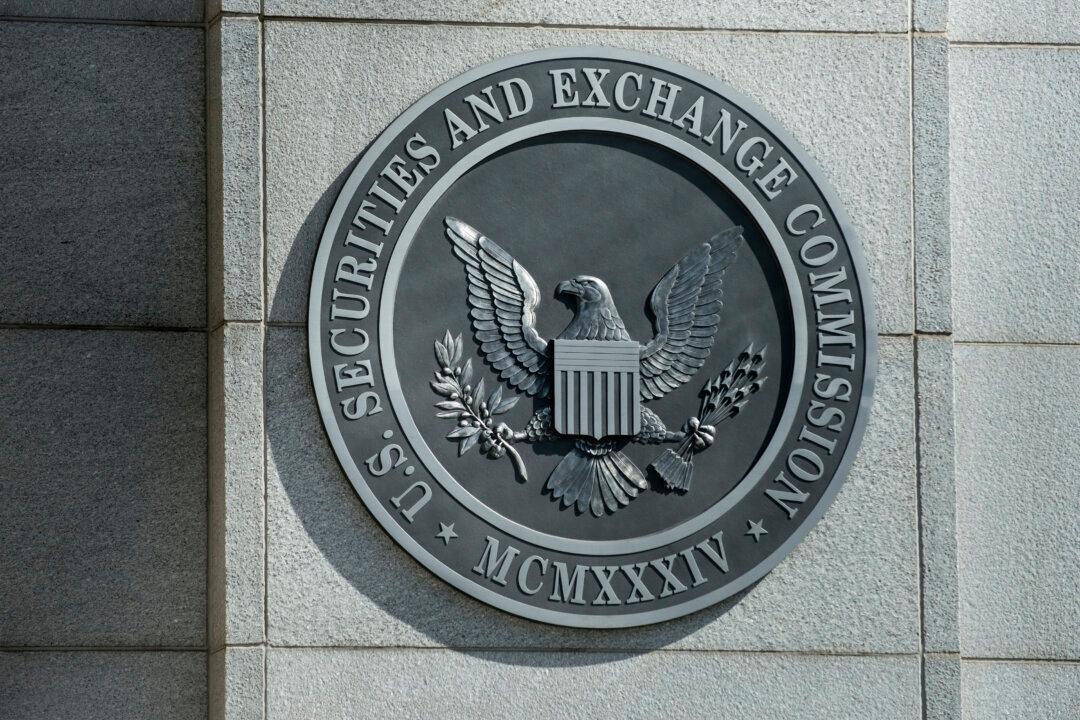Commentary
The United States is getting tough on China’s initial public offerings (IPOs) on Wall Street, so those IPOs are going to Europe. That’s finance for you. Go to where the suckers are.

The United States is getting tough on China’s initial public offerings (IPOs) on Wall Street, so those IPOs are going to Europe. That’s finance for you. Go to where the suckers are.